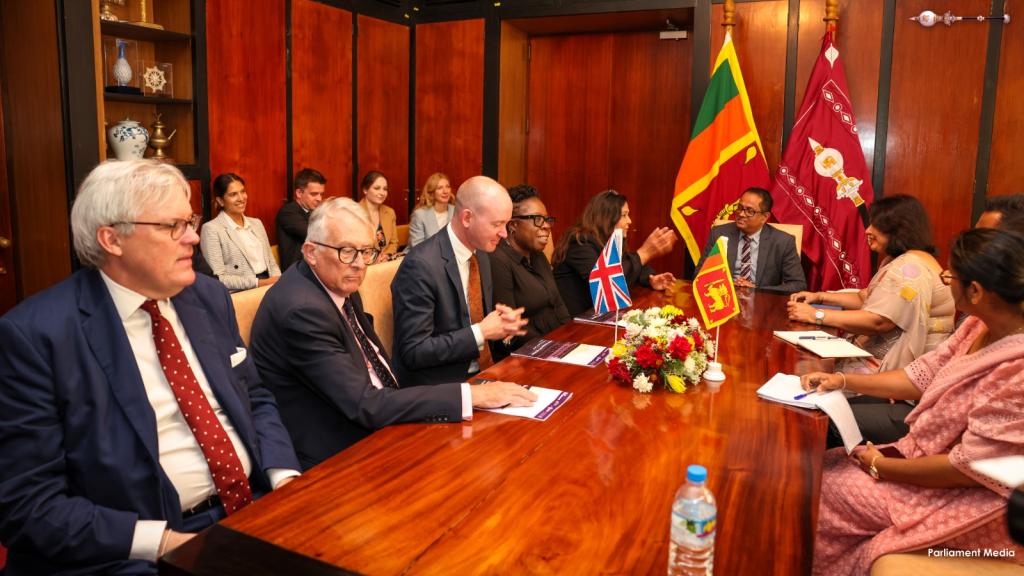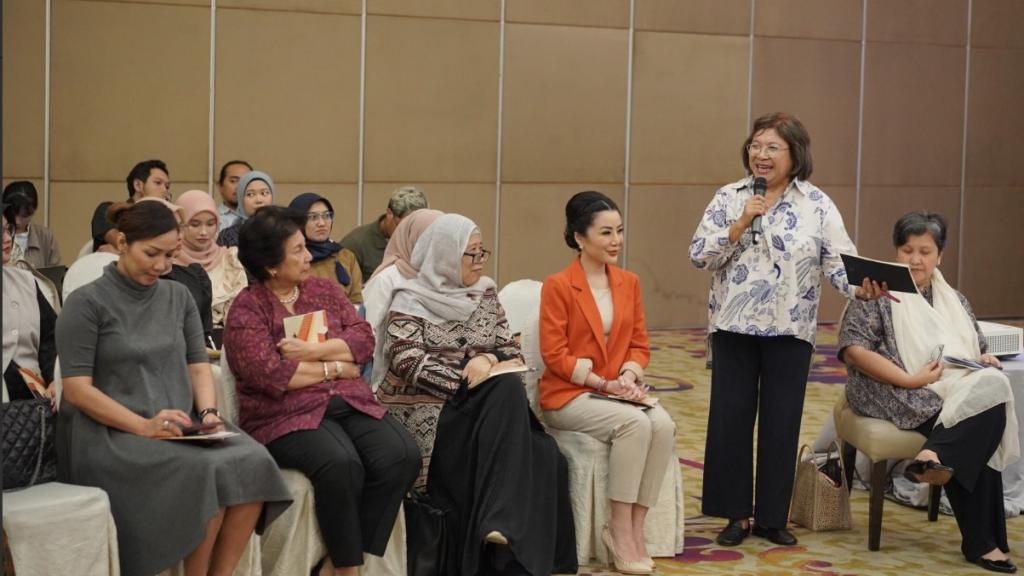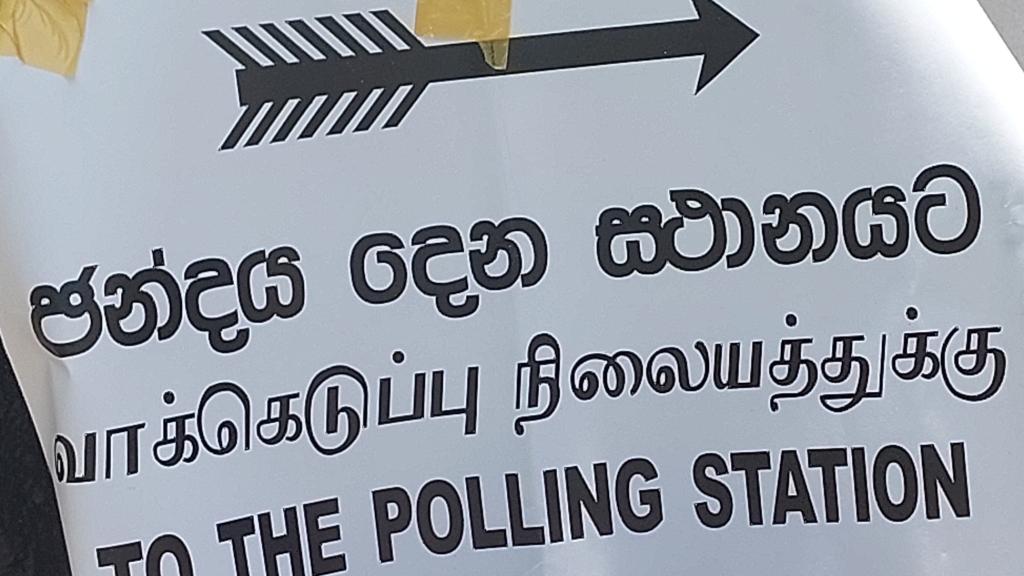Fostering economic inclusion and social justice in Sri Lanka
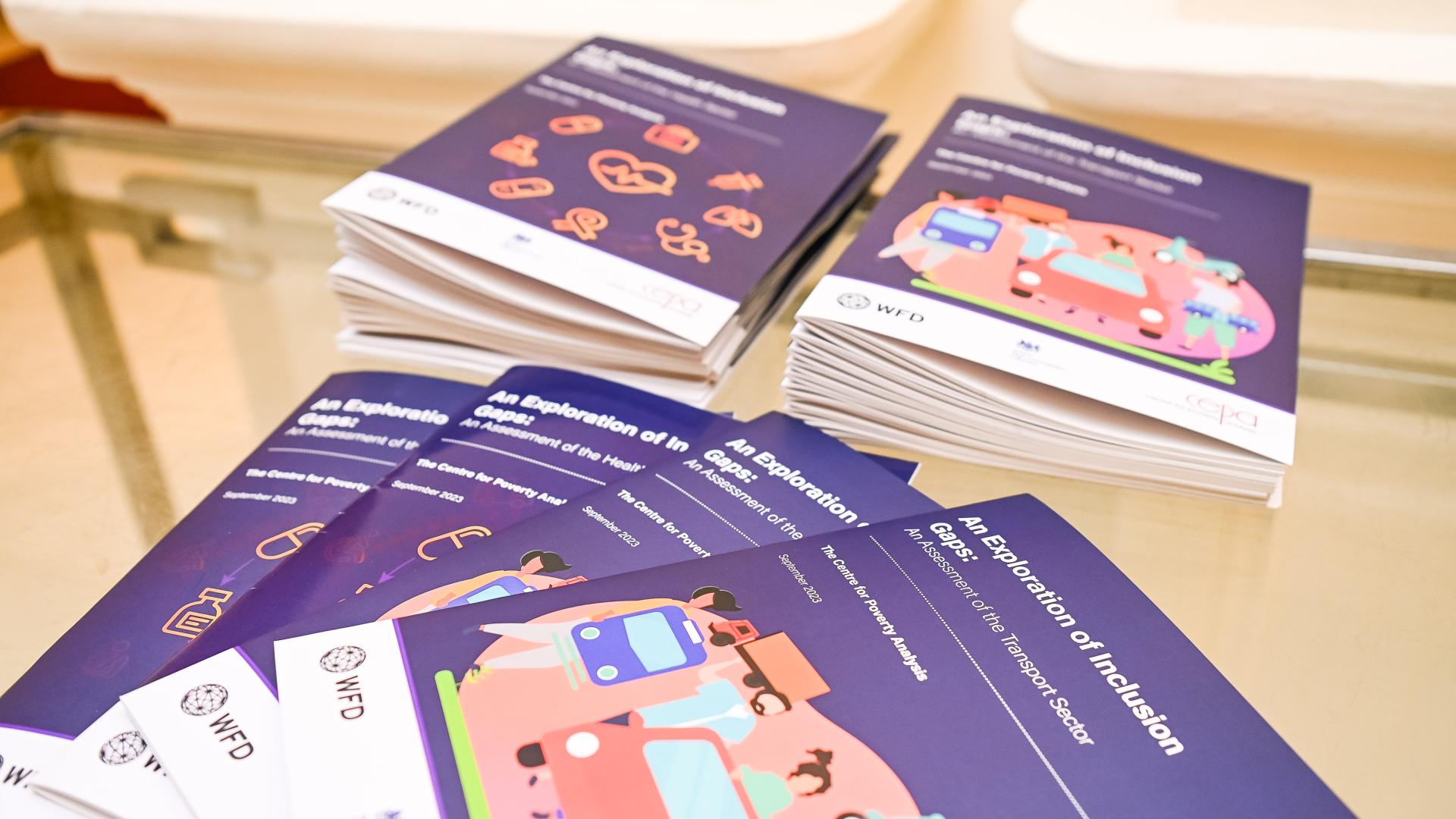
The economic and political crisis that gripped Sri Lanka in 2022 had far-reaching effects, disproportionately affecting women, young people, individuals living in poverty, those with disabilities, and marginalised communities from religious, ethnic, and sexual minorities. This inequality was exacerbated by the lack of adequate political representation, particularly in the Sri Lankan Parliament. To help address this crisis, WFD is supporting the Parliament of Sri Lanka as it adopts a more inclusive approach to policymaking. Through this work, WFD is helping to create accountable and inclusive policies and laws that benefit all Sri Lankans.
Recently, activities took place in Sri Lanka to launch two pioneering research publications and unveil the Forum for Economic Inclusion and Policy Advocacy.
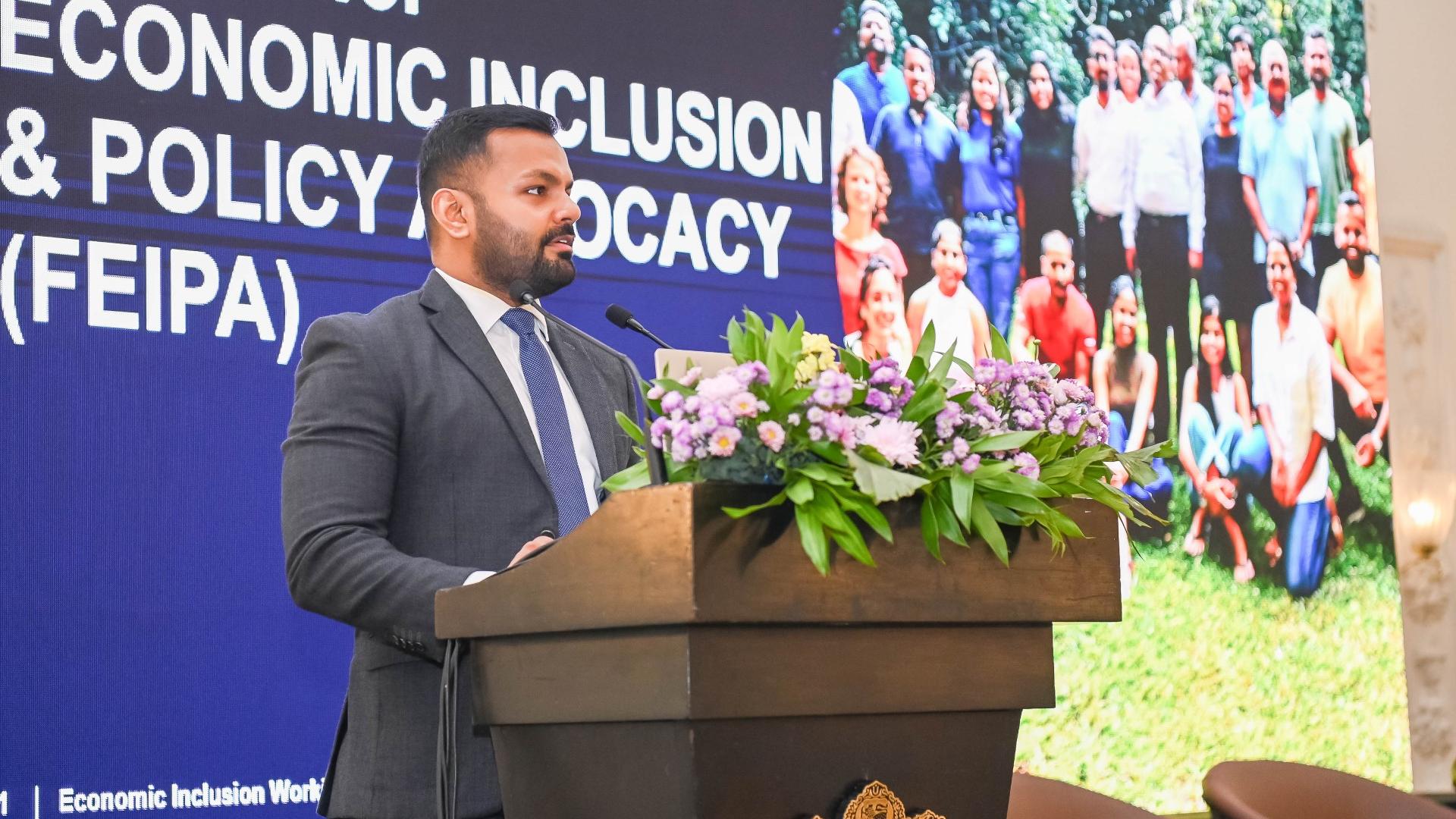
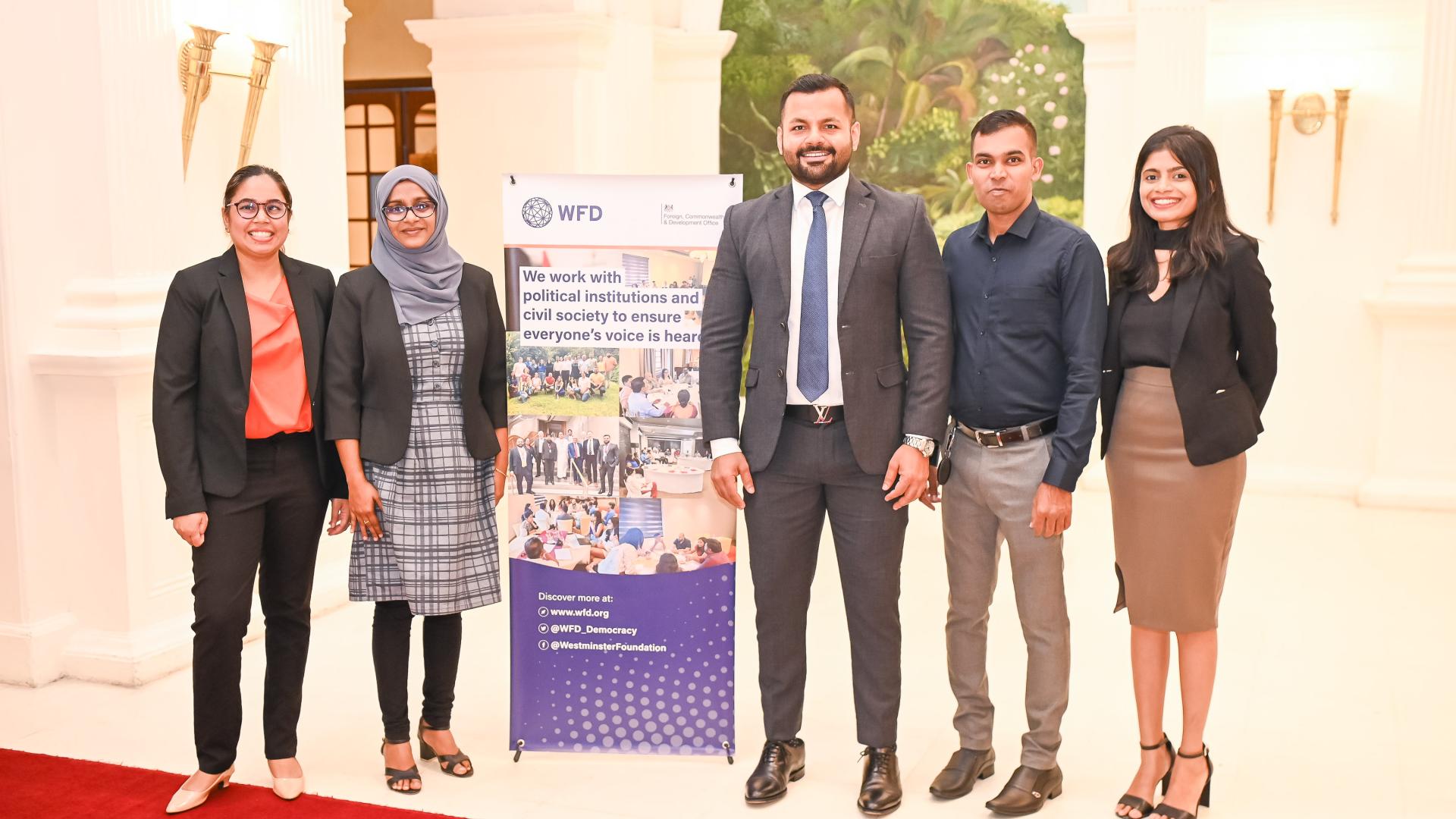
The research publications on health and transport sectors were authored by the Centre for Poverty Analysis (CEPA), highlighting the critical need for inclusive policymaking to address the economic challenges. The research used an intersectionality-based policy analysis framework approach to identify inclusion gaps and shortcomings in the national budget, with a specific focus on the health and transport sectors.
For example, in terms of healthcare services available to and accessible for the upcountry Tamil community, the findings from the health sector report revealed that service provision has worsened in quality over the years. The dispensaries in all the visited estates were in a dilapidated state with some wards closed down or with little to no medicine available in them.
On the transport sector, gendered passenger safety emerged from the data examined. This was identified to be a result of the limited trains and buses available, which results in a compromising of one’s personal space and safety.
The reports were presented to His Excellency Andrew Patrick, British High Commissioner to Sri Lanka.
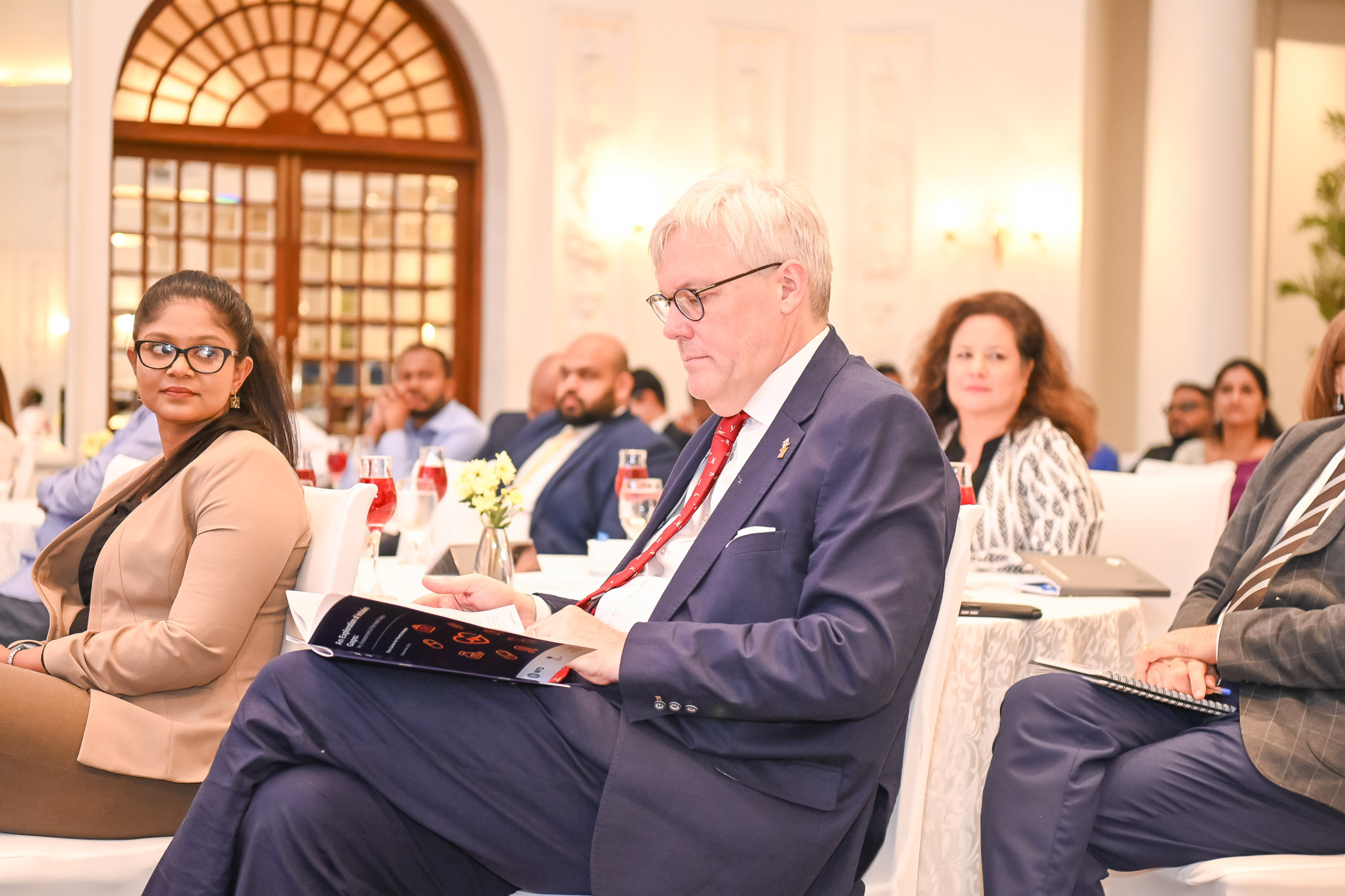
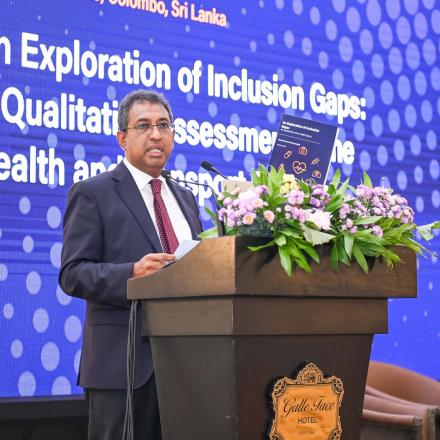
“Inclusivity in economic policymaking is very necessary, advocating for a balanced approach that addresses both the horizontal and vertical dimensions of inclusion will provide comprehensive coverage.”
Hon. Dr. Harsha de Silva, Member of Parliament, and Chairman of the Committee on Public Finance.
Armed with the information and evidence from the reports, decision-makers in Sri Lanka will be better able to ensure that citizens can access the services they need.
Establishment of the Forum for Economic Inclusion and Policy Advocacy
To drive change effectively and create an independent entity dedicated to advocating for economic inclusion, WFD set up a Forum for Economic Inclusion and Policy Advocacy (FEIPA), spearheaded by the Economic Inclusion Working Group (EIWG).
Members of the forum are change drivers from different sectors including cross-party politicians, members of parliament, civil society representatives, members of the media, private sector stakeholders, youth party members, and non-governmental organisations (NGOs).

Forum members highlighted the vital role of FEIPA in building trust and engaging with the people, while emphasising the urgency of its mission.
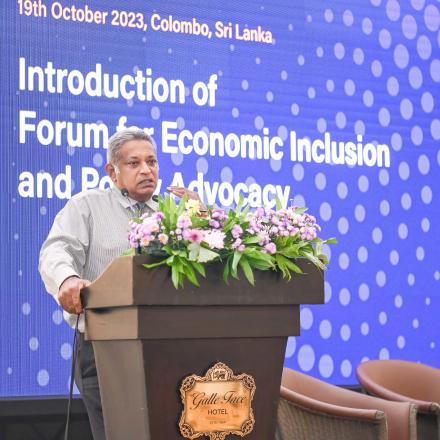
“The prevailing crisis of governance in Sri Lanka and the opportunity to forge a new social contract, emphasizing that ‘institutions should not humiliate people, and people should not humiliate people.”
Dr. Paikiasothy Saravanamuttu, Executive Director of the Centre for Policy Alternatives.
The research publications and the FEIPA launch mark a significant milestone taken in Sri Lanka's journey towards inclusive policymaking and social justice.
Prominent figures from civil society, the media, and various other sectors formed collective determination to champion inclusive policymaking and forge a path towards a more equitable Sri Lanka.
The event was attended by high profile dignitaries, which includes Members of Parliament Chandima Weerakkody, Eran Wickramaratne, Angajan Ramanathan, Premnath Dolawatte, and Mayantha Dissanayake, H.E. New Zealand Ambassador to Sri Lanka, Michael Appleton, and a host of other diplomatic representatives, showcasing international support for this vital initiative.
WFD remains committed to supporting these initiatives and calls upon the international community to encourage bipartisan and cross-party efforts aimed at improving this essential cause.
Related content
The WFD Sri Lanka, together with the Centre for Poverty Analysis, launched ‘An Exploration of Inclusion Gaps: A qualitative assessment of the health and transport sectors’ on 19 October at the Jubilee Hall, Galle Face Hotel.
